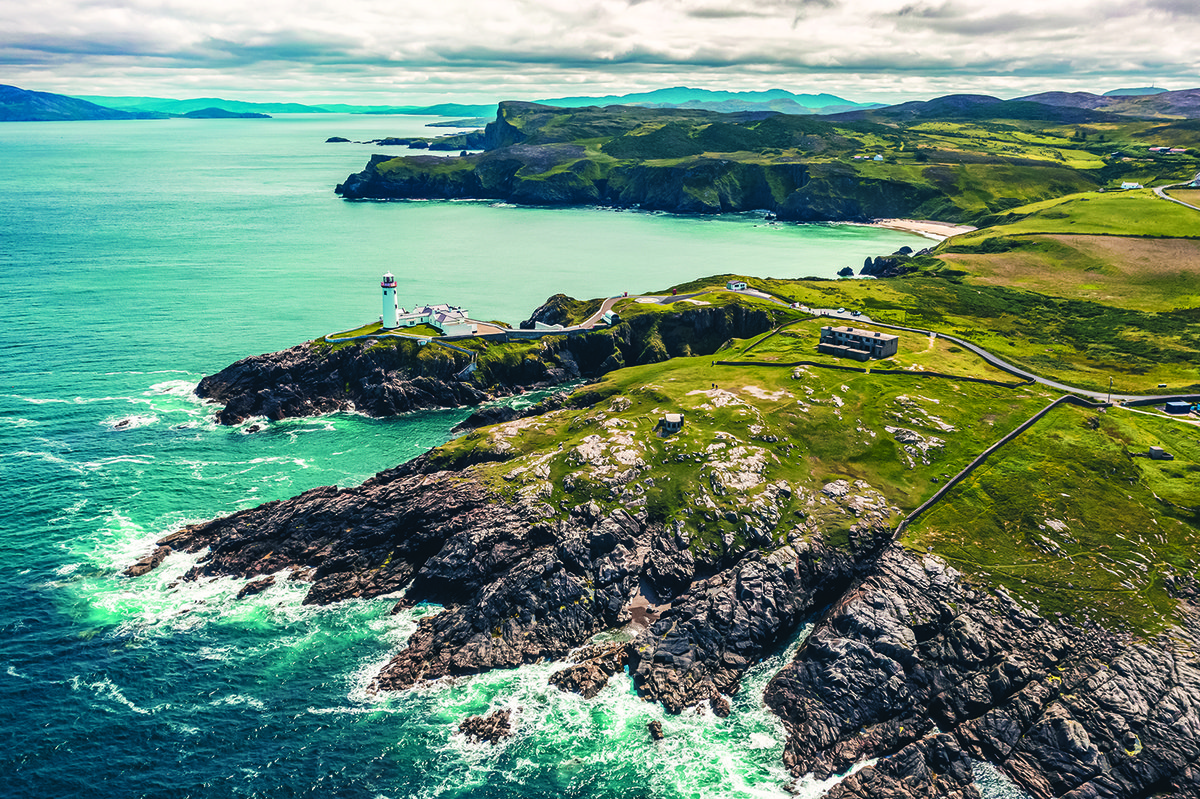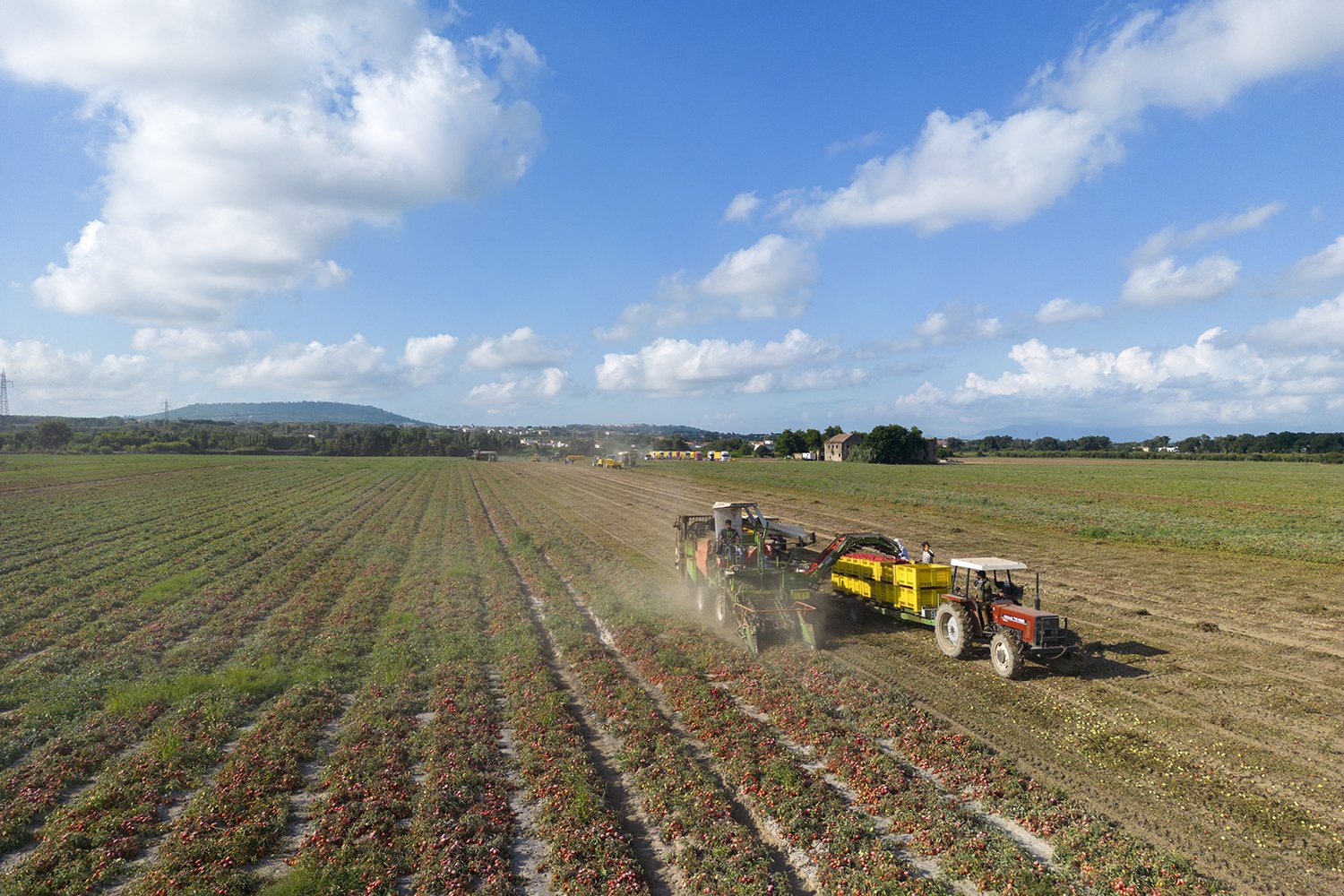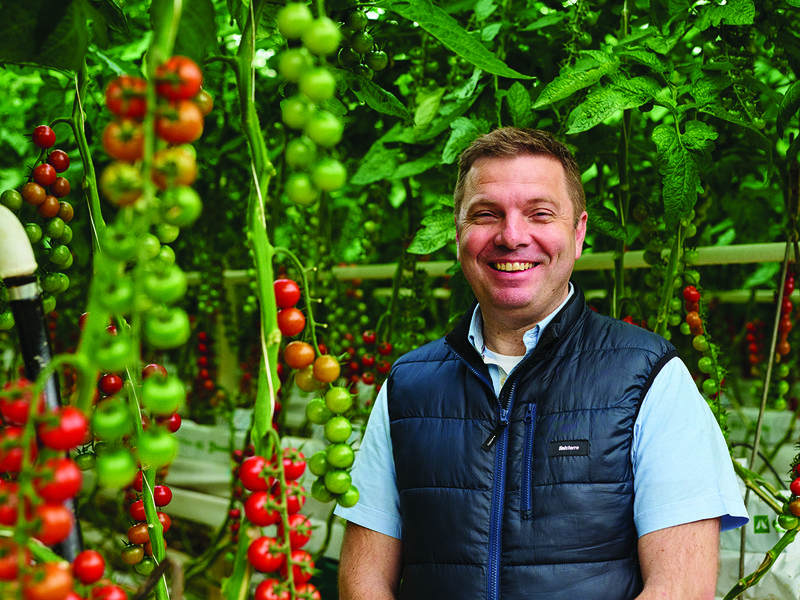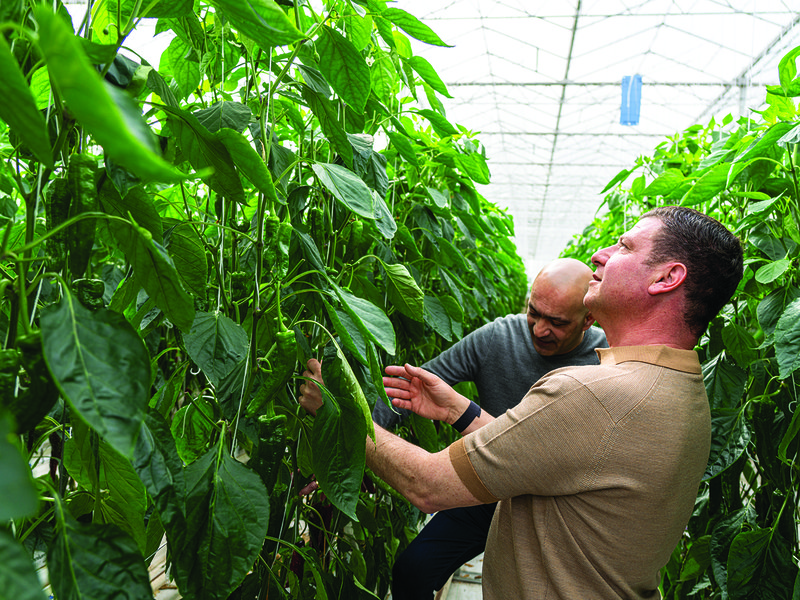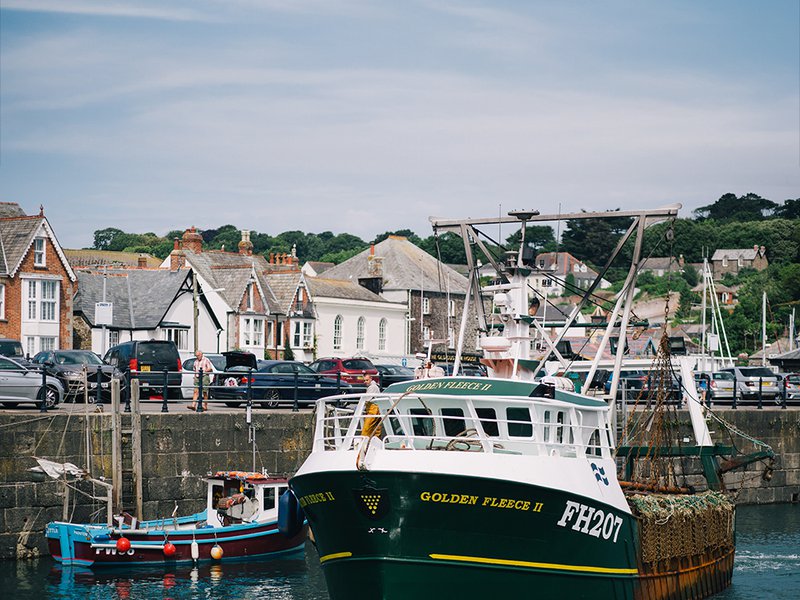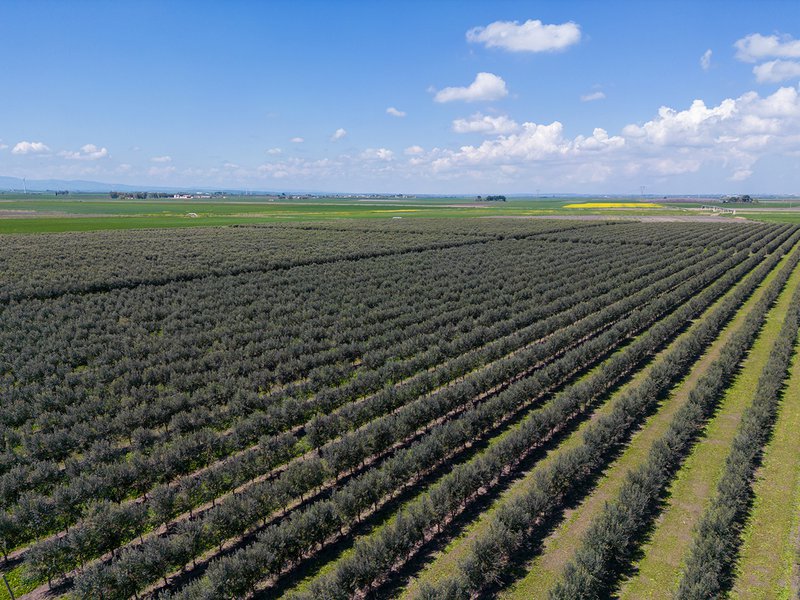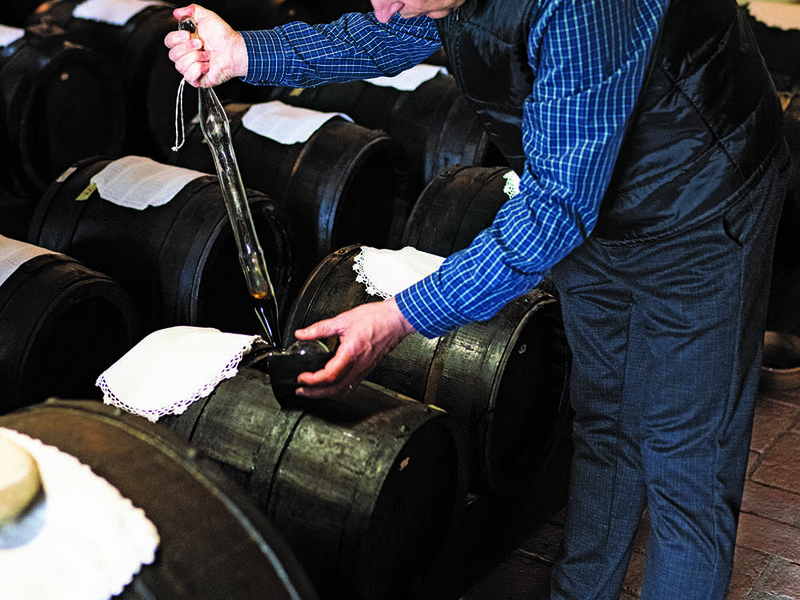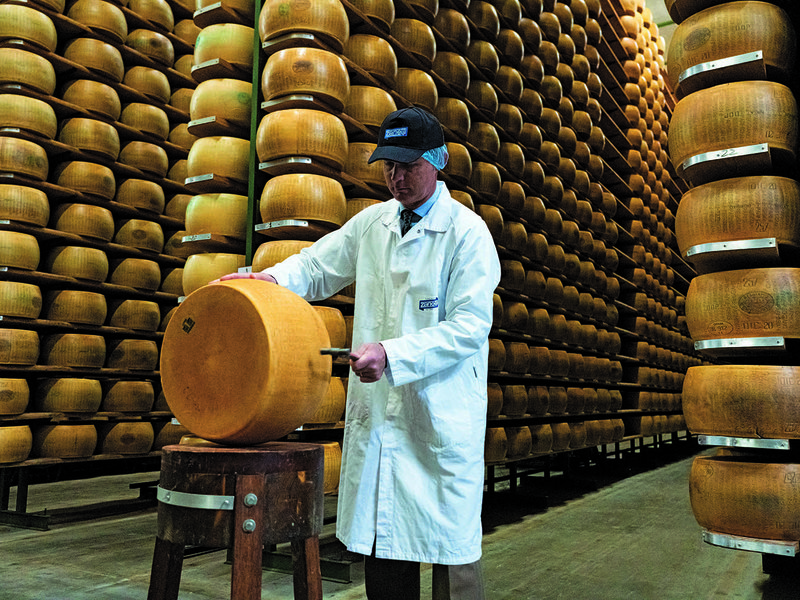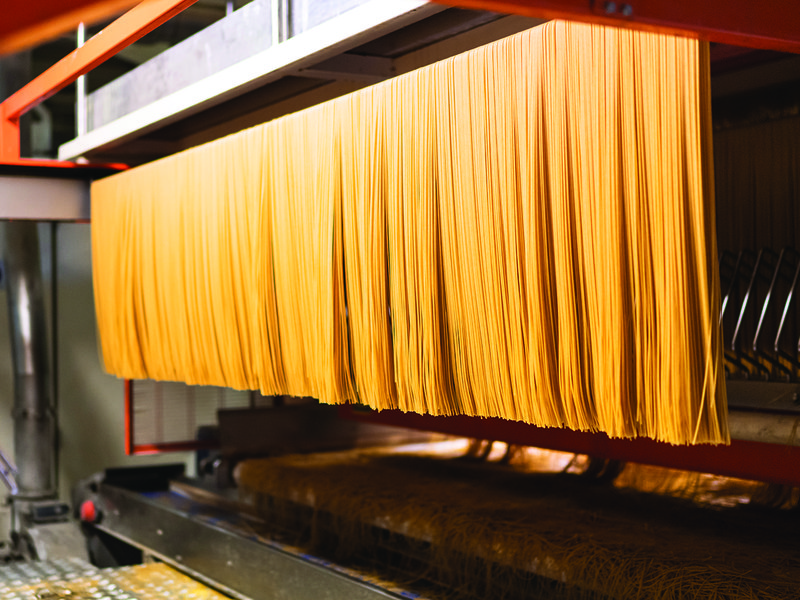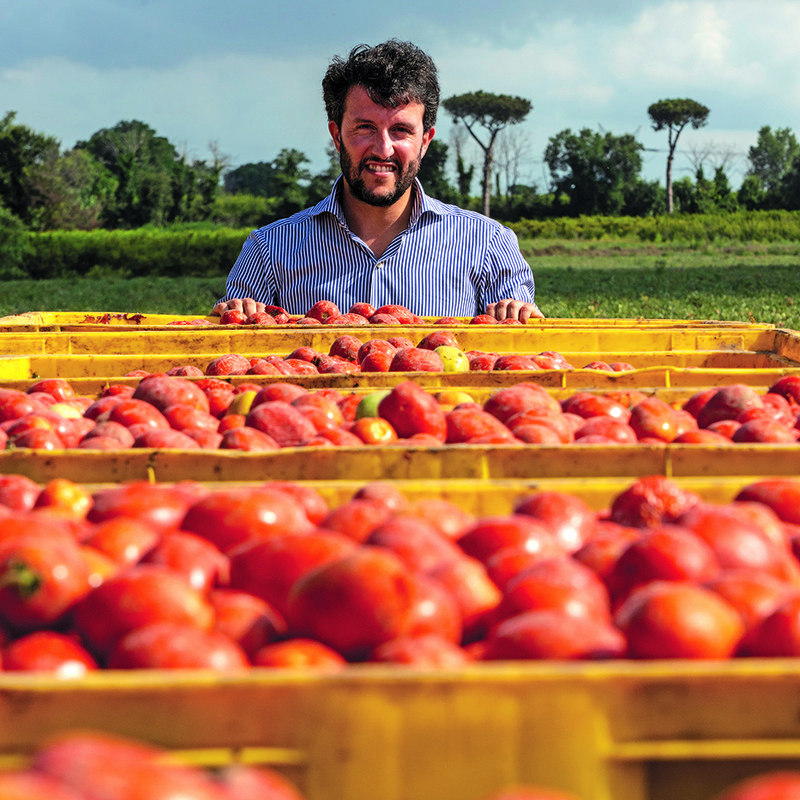UK
The waters that separate the UK from continental Europe also supply that nation with some of the world’s best seafood. JK Thompson has built a 60-year-old business on packing premium trout, cod, haddock and mussels from the frigid fishing grounds off the Shetland Islands, where the Atlantic Ocean meets the North Sea. Far to the south, along the coast of Cornwall, braided streams of warm and cold currents bring monkfish, scallops and Dover sole that make their way to our stores via Falfish – another family company that has grown from a few mackerel boats to a major processing enterprise. Grey skies often prevail over British land and sea, but the Isle of Wight is an odd exception, gleaming three miles offshore in its own peculiar microclimate that sees enough sun to create the perfect conditions for growing tomatoes. Since 2007, Isle of Wight Tomatoes has revived interest in that sector by developing newer, better varieties of plum, cherry, heritage beefsteak etc, that were showcased at London’s Borough Market before winning over supermarket shoppers from the UK to the UAE. Deep inland, meanwhile, Glinwell has built high-tech greenhouses in the rainy Lee Valley that compensate for low levels of natural light, growing prime tomatoes, peppers and cucumbers in vivid Mediterranean colours that reflect the Sicilian heritage of Joe Colletti and Sam Cannatella. Moving north again to Arbroath, an oddly sunny corner of coastal Scotland, Lochy Porter has capitalised on the berry-growing legacy of his father and grandfather to make Angus Soft Fruits a prized supplier – its exclusive AVA Magnum® variety of strawberry is a masterpiece of its kind and a sensation in the industry.
SPAIN
The fruit section of all our stores tend to be stocked with a superabundance of high-quality produce from Spain – the sheer range of Iberian landscapes and climates being so diverse as to create a patchwork of specialised growing regions. Seasonal contrasts and temperature variations across the northern mountains are optimal for the brix values (or sugar levels) of apricots and peaches grown close to the Pyrenees by the third-generation farmers of Summer Fruit, while the Orchard Fruit Company, based a bit further inland, produces phenomenal apples, pears and cherries in the shadow of a peak called Moncayo. Just outside Leida, Catalonia, some 70,000 square metres of greenhouses turn vivid red in March and April – harvest time for the coveted glamour cherries produced by Rio Cinca, one of the very few businesses to grow cherries and red-flesh nectarines in those conditions. To the southeast, Murcia encompasses its own spectrum of microclimates between mountains and sea, where Moyca has developed more than 50 varieties of seedless grapes, many of them exclusive, through combining family tradition and agricultural engineering. The southwest, meanwhile, has been citrus territory for centuries, and Rio Tinto covers 900 hectares near the Portuguese border with all-organic oranges, lemons and tangerines in a protected area that shelters 50 endemic species and natural predators that enact chemical-free pest control. Close to ancient, fragrant Seville, Andalusian fruit impresario José Gandía began his company, Royal, back in 1962, and his domain has since expanded to grow premium blueberries and raspberries from that home base to lush outposts in Portugal and Morocco.
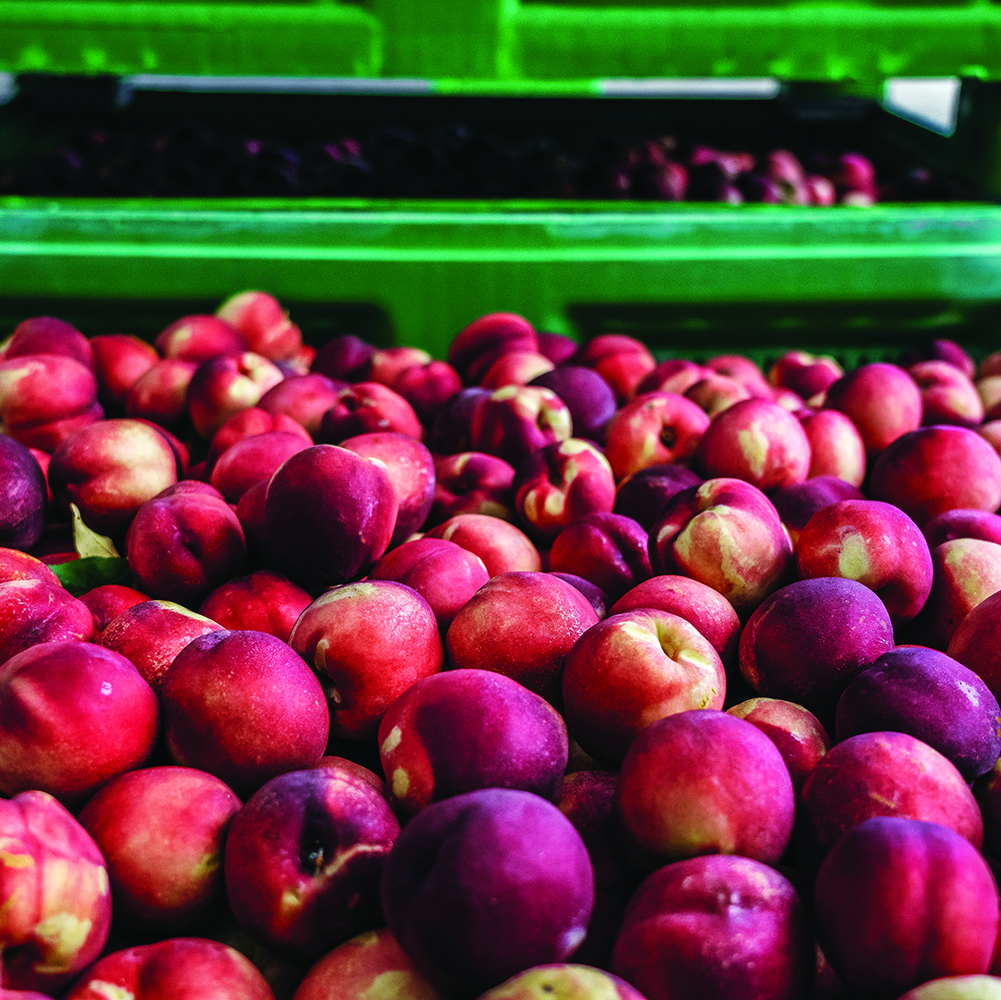
The peaches grown by Summer Fruit reach Spinneys within 48 hours of being harvested
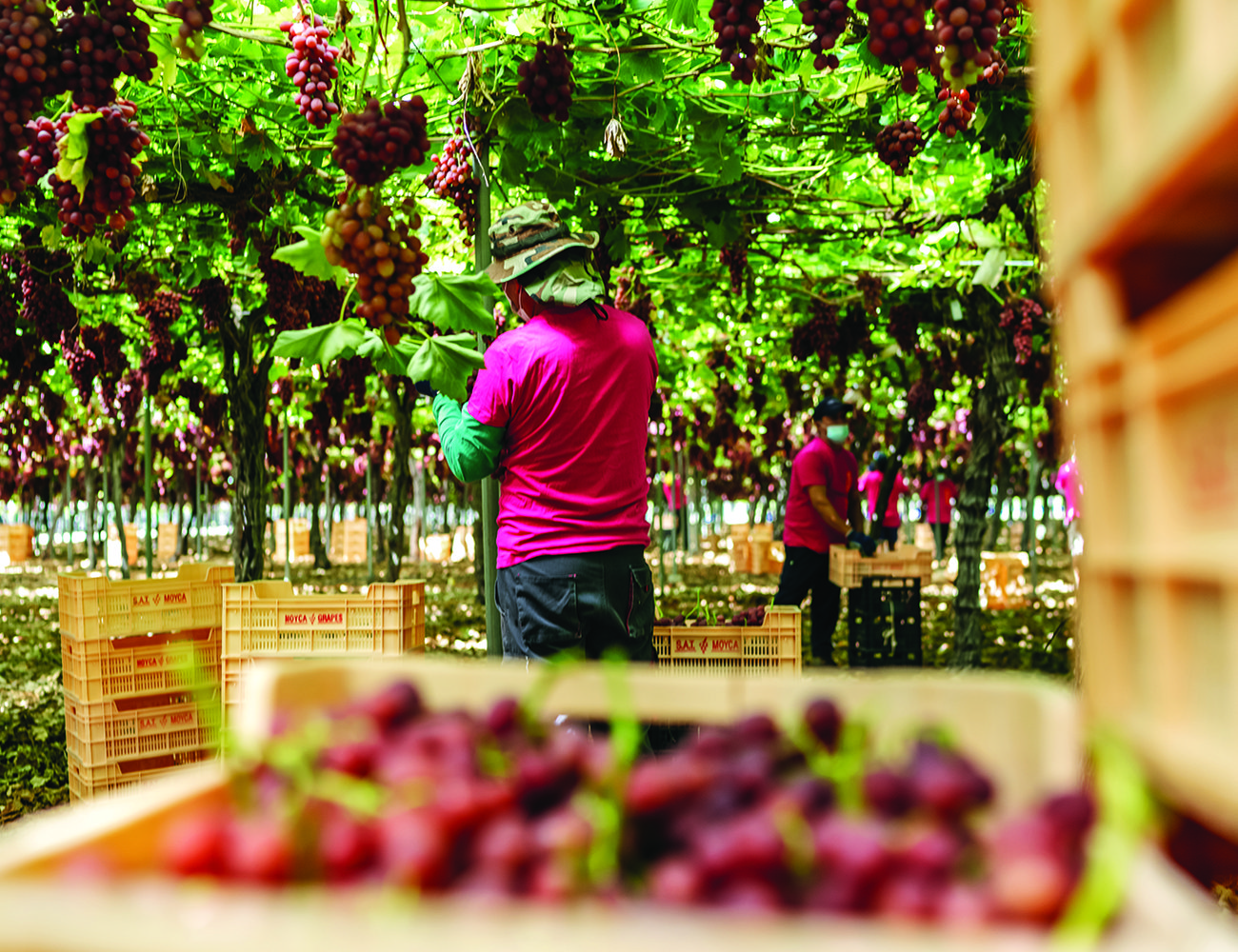
All grapes from Moyca are handpicked and trimmed before being sent to pack houses
ITALY
To pass between the aisles of our stores can sometimes feel like moving across Italy, region to region, via spectacular products made by families with long histories in their respective businesses. In Piedmont, for example, at the foot of the Alps, siblings Stefano, Matteo and Anna Berruto can date their pasta-making enterprise back a couple of centuries. Their machinery is now state-of-the-art and the range now includes organic and gluten-free options, but the best pasta still demands the hands and eyes of true artisans. The nearby northern provinces of Emilia-Romagna, meanwhile, have gastronomic traditions with medieval origins. Renowned cheeses Parmigiano Reggiano and Grana Padano were first conceived by local monks some 1,000 years ago, and are now made by the Zanetti family in strict adherence to tradition, albeit also with spanking new tech. Balsamic vinegar has roots at least as old as the vineyards around Modena, where the children of Giuseppe Cremonini make impeccable variations on the ancient formula, including fruity or spicy glazes and infusions, and other vinegars with red or white grapes. Many of these products are certified Protected Designation of Origin (PDO), a fire-stamped guarantee of authenticity and regional specificity – as are certain extra virgin olive oils supplied to us by the Basso brothers of Apulia, fifth-generation merchants whose company has operated for more than 120 years within the southern-central zone known as the ‘granary of Italy’. The wet winters and dry summers of that region, not to mention the rich volcanic soil of neighbouring Campania, also make it prime tomato country. Since 1954, the Ferraioli family has worked closely with local farmers in selecting the best possible specimens – all grown in the open air – for tinning by their company La Doria. This includes the premium peeled cherry tomatoes that our shoppers have come to rely on.
GREECE
“We try to keep a maximum of ancient techniques in our production,” says Alexandros Botos of his Thessaly-based company, Roussas, and its feta and kasseri cheeses: the food of the gods, according to Greek mythology. For all the technical demands of upscaling and exporting, these iconic products are still aged in specially commissioned barrels to deliver the same flavour and texture first achieved by the nomadic shepherd tribes from whom Alexandros is descended. Greek yoghurt, another deeply creamy staple of the national diet, comes to us courtesy of Mevgal, a business that grew out of a dairy shop opened in Thessaloniki by the Chatzakos family a century ago. Today, the third generation still sources raw milk from some 300 trusted farmers ranged across the lush pastures of Macedonia, while adopting all the latest modern methods to assure quality and hygiene – from robotic pasteurisation to a battery of some 1,200 lab tests by in-house scientists.
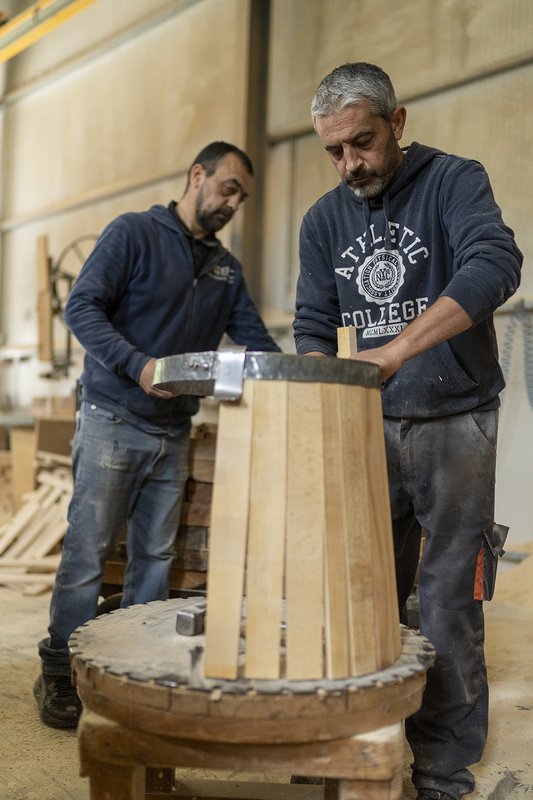
IRELAND
The remotest reaches of northwest Ireland are fertile ground for some of the most consistently flavoursome organic produce sold in our stores. In the wilds of counties Meath and Monaghan, hens range free to feed on deep green grasses and specially-planted herbs (yarrow, clover etc) above nutrient-rich, clay-heavy soil that help them lay fantastically good eggs. A very delicate combination of nature and nurture accounts for the success of the Nest Box Egg Company, a partnership between two families of local farmers – the Eivers and the McGuinnesses – that now draws on multiple regional farms and adheres to the highest standards of organic production. Along the blustery, beautiful coastline, meanwhile, Mowi Ireland has since 1979 become a world leader in organic farmed salmon, with specialised sites ranging down the shoreline from Donegal to Kerry. The company’s exacting ‘closed herd cycle’ programme breeds young fish with plenty of room to manoeuvre as they grow through the transition from freshwater to pristine Atlantic seawater, cared for with approved methods for producing all-natural salmon with superb flavour.
